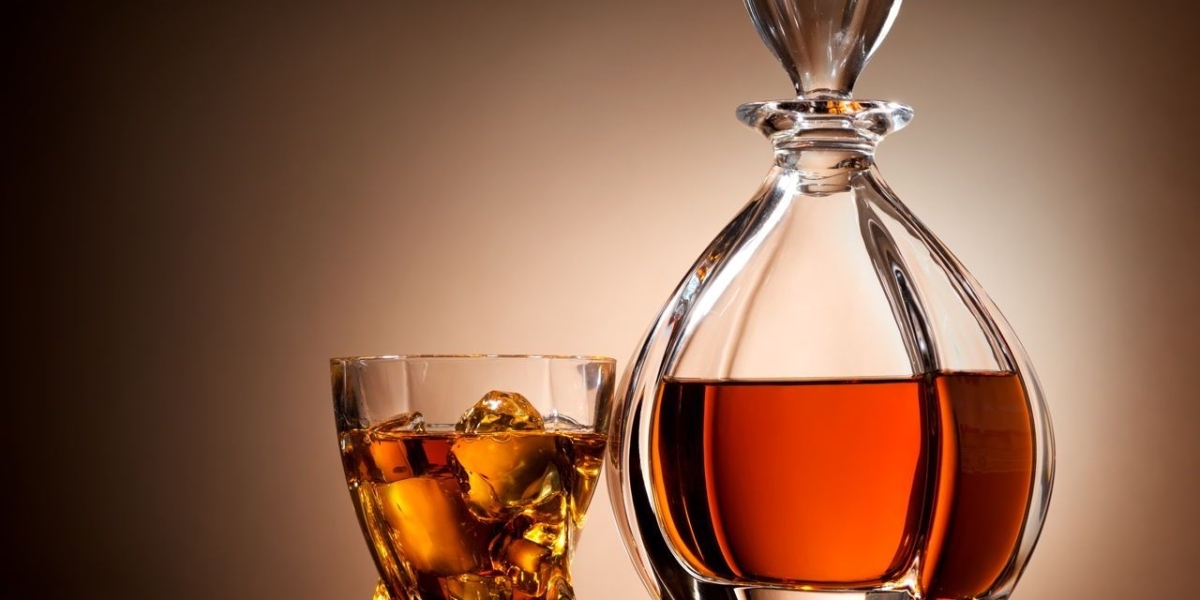There are several main categories of distilled spirits that are produced around the world. Some of the most common types include whiskey, rum, brandy, vodka, gin and tequila. While the production processes may vary slightly, all distilled spirits share the key characteristic of being produced through the distillation of fermented substances like grains, fruits, or sugarcane.
Whiskey
Whiskey is produced through the distillation of a fermented grain mash, most commonly containing barley, corn, rye or wheat. The main whiskey producing regions include Ireland, Scotland, United States, Canada and Japan. Irish whiskey must be distilled three times and aged in wooden casks previously used for bourbon or sherry. Scottish whisky is typically composed of Distilled Spirits and aged in used bourbon or sherry casks. American whiskey can be produced from different grains and is aged in new charred oak barrels, imparting more robust flavors. Canadian whisky is lighter in color and flavor due to an emphasis on corn and longer aging in used barrels.
Rum
Rum is produced by fermenting and distilling sugarcane products like molasses or sugar cane juice. Rum producing regions include Jamaica, Puerto Rico, Barbados, Martinique, Guyana and various other Caribbean and Latin American countries. Light rums are generally aged for a short period of time in used barrels or stainless steel tanks, while gold and dark rums undergo longer aging in charred oak barrels, developing deeper flavors and darker colors. Aged rums can take on complex flavors resembling whiskey or brandy. Flavored rums infused with fruits or spices have also grown in popularity.
Brandy
Brandy is produced through the distillation of wine or a fermented fruit mash. The main grape varieties used are grapes but other fruits like apples, pears, plums and cherries can also be distilled. Cognac is a specific type of brandy produced in the Cognac region of France that is double-distilled and aged for at least two years in French oak barrels. Armagnac is another noted grape brandy produced in the Gascony region of France. Other brandy types include Calvados from Normandy, France and Italian grappa made from grape skins and stems. Longer aging in oak imparts richer flavors resembling nuts, caramel and dried fruits.
Vodka
Vodka is a neutral spirit that is typically colorless and flavorless, though some small flavor profiles can be detected in premium brands. It is produced by the distillation of fermented substances which can include grains like rye, corn or wheat or occasional non-grains like potatoes. High-proof vodka is then diluted with water prior to bottling. The biggest vodka producing countries include Russia, Poland, Sweden and the United States. Vodka acts as a clean canvas for mixers in cocktails but can also be enjoyed neat in shots or ice-cold in martinis.
Gin
Gin is produced through the redistillation of neutral spirits with juniper berries and other botanicals like coriander, citrus peel, angelica root or fennel seeds. Originally from the Netherlands, major gin producing countries now also include England and the United States. London dry gin emphasizes juniper and is bottled at a minimum of 37.5% alcohol by volume. Other styles include Old Tom gin which is sweeter and Navy strength gin with a higher alcohol content. Botanical gins infuse unique herb and spice combinations. Gin is a popular base spirit for martinis and gin and tonics.
Tequila
Tequila is a spirit native to Mexico that is produced from blue agave plants primarily grown in Jalisco and certain other regions. The piñas or heart of the agave plant is cooked, crushed and fermented. Only distilled tequila made in specific regions can be called Tequila. Blanco or white tequilas spend no time aging and showcase botanical grassy and herb flavors. Reposado tequila ages 2-12 months in barrels, taking on golden color and oak characteristics. Añejo tequila matures 1-3 years, darkening further and developing flavors like vanilla and caramel. Extra Añejo spends 3+ years in barrels for a super premium aged expression.
Aging and Maturation
For many distilled spirits, the aging process is a critical component that develops complexity through oxidation, esterification and interaction with the wood barrels. Oak barrels previously used for bourbon or sherry impart sweetness, tannins and vanilla flavors that round out harsh young spirit. Shorter aging periods of 1-3 years produce lighter colored spirits with grassy, herbaceous and fruity esters. Longer aging of 5-15 years or more allows deeper caramel, butterscotch, nut and dried fruit characteristics to emerge alongside a dark mahogany hue. Some finished spirits are also finished or additionally aged in other barrels like Madeira.
Biswal Sneha
64 Blog posts









